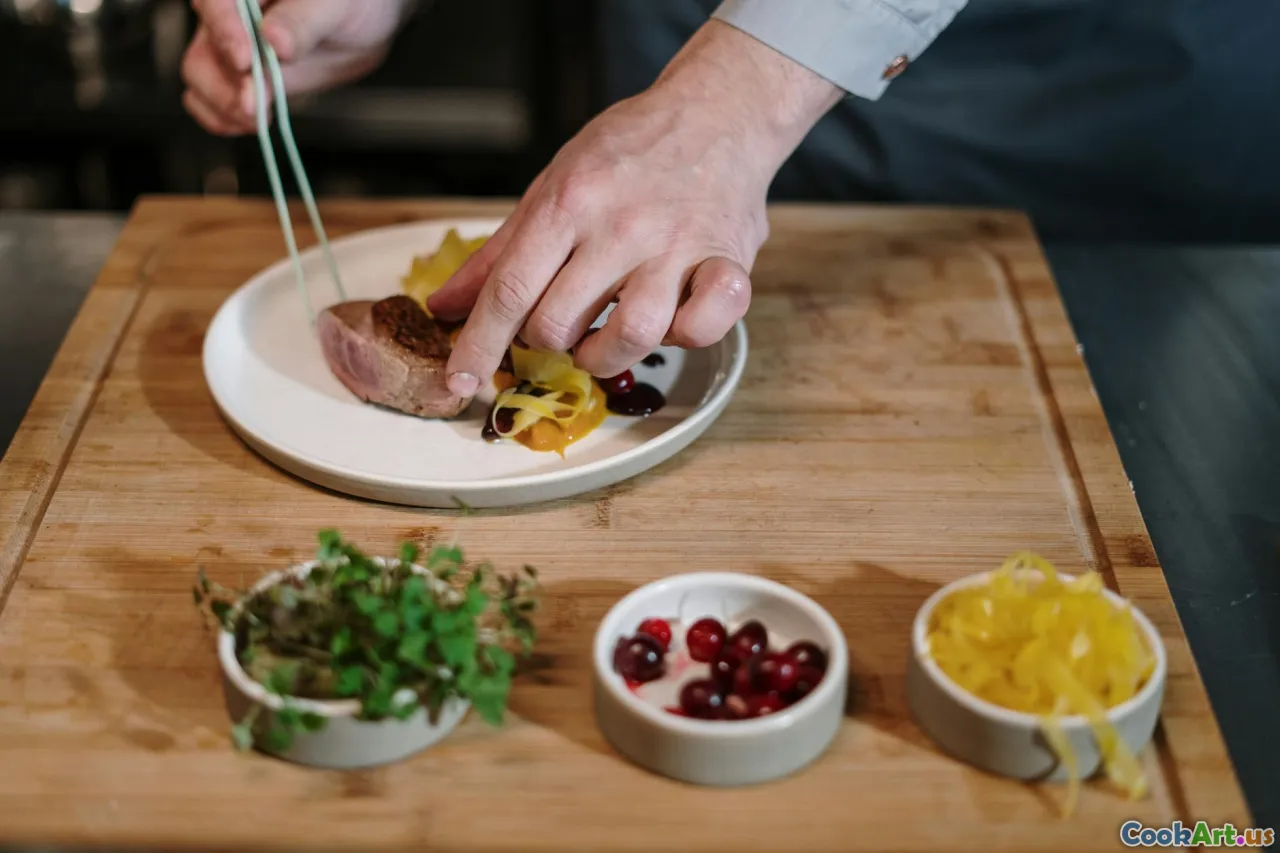The Art of Precision in Food Preparation
5 min read Explore the significance of precision in food preparation and discover essential techniques that elevate your culinary skills. April 06, 2025 07:45
The Art of Precision in Food Preparation
In the world of culinary arts, precision is not just a skill—it's an art form. The meticulousness with which a chef approaches food preparation can transform a simple dish into a masterpiece. This article delves into the significance of precision in cooking, exploring techniques and tips that can help both novice cooks and seasoned chefs enhance their culinary creations.
Understanding Precision in Cooking
Precision in cooking refers to the careful measurement, timing, and technique applied to food preparation. Unlike baking, where exact measurements are crucial for chemical reactions, cooking often allows for more flexibility. However, applying precision can elevate the flavors and textures of food, leading to consistently excellent results.
Key Elements of Precision:
- Measurement: Accurate measuring of ingredients, whether liquids or solids, ensures that recipes turn out as intended every time.
- Timing: Cooking times can vary significantly based on factors like ingredient size and cooking methods. Precision in timing is essential, especially for techniques like roasting or sautéing.
- Temperature: Understanding and controlling cooking temperatures can drastically affect the quality of your dish. For instance, searing meat at the right temperature ensures a flavorful crust while keeping the inside juicy.
Essential Techniques for Precision
1. Mastering Knife Skills
Good knife skills are fundamental in achieving precision. Uniformly cutting vegetables or proteins not only enhances the dish's presentation but also ensures even cooking. Invest time in practicing different cuts, such as julienne, brunoise, and chiffonade.
2. Utilizing a Kitchen Scale
A kitchen scale is an essential tool for precise measurement. Unlike measuring cups, which can lead to inconsistencies due to packing or settling, a scale provides accurate weights, which is especially important in baking.
3. The Sous Vide Method
Sous vide cooking is a technique that embodies precision. By vacuum-sealing food and cooking it in a water bath at controlled temperatures, you can achieve perfect doneness without the risk of overcooking.
4. Thermometers
Investing in a good food thermometer can help ensure that meats are cooked to safe internal temperatures while achieving desired doneness. This is especially useful for larger cuts or poultry.
The Importance of Timing
Timing is a crucial factor in cooking, where every second counts. Whether it's the perfect moment to flip a pancake or the ideal time to remove a roast from the oven, precision in timing is what separates amateur cooks from experts. Using timers and alarms can help keep track of cooking times without distraction.
Precision in Flavor Balancing
Achieving the right balance of flavors—sweet, salty, sour, and bitter—requires precision in seasoning. Tasting as you cook and adjusting seasonings in small increments can prevent overwhelming a dish with any single flavor. A pinch of salt can enhance sweetness, while a splash of acid can brighten up rich dishes.
The Role of Quality Ingredients
Lastly, precision also extends to the quality of ingredients used. Fresh, high-quality produce and proteins not only taste better but also respond more predictably during cooking. Opting for seasonal and local ingredients can elevate your dishes, making the pursuit of precision even more rewarding.
Conclusion
The art of precision in food preparation is a skill that can be honed over time with practice and dedication. By focusing on measurement, timing, and technique, anyone can achieve remarkable results in the kitchen. Whether you are a home cook or a professional chef, embracing precision will undoubtedly lead to culinary success and satisfaction. So, embrace the art of precision, and watch your dishes transform into beautifully crafted culinary delights.









